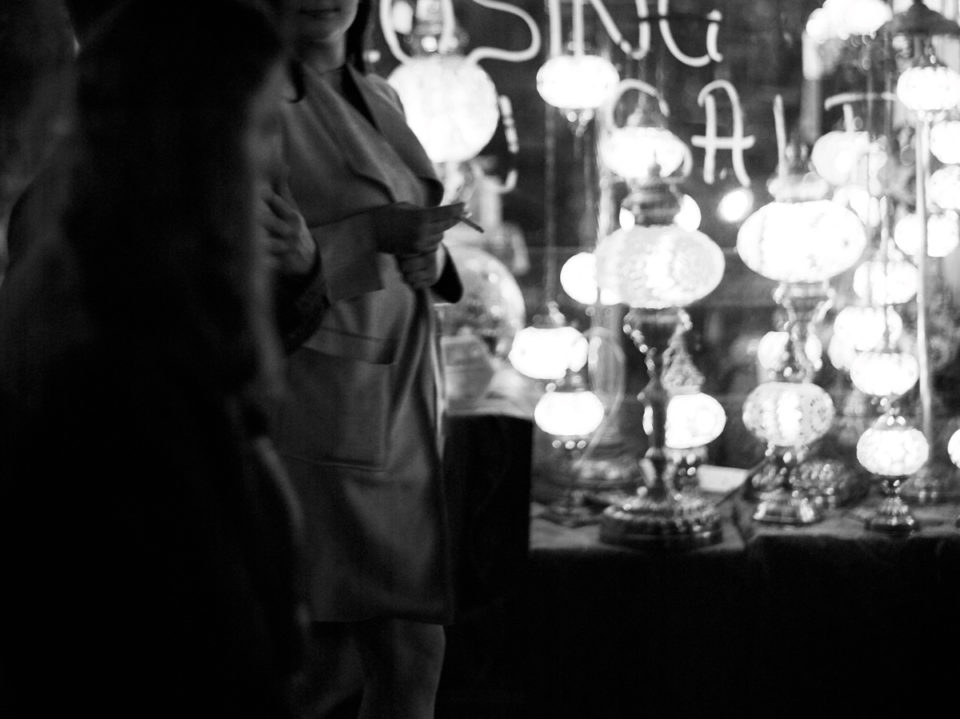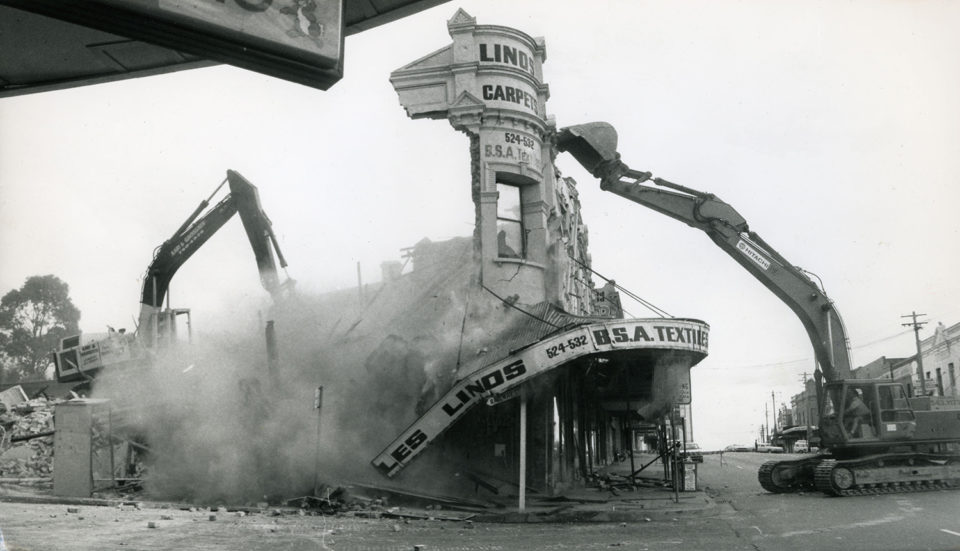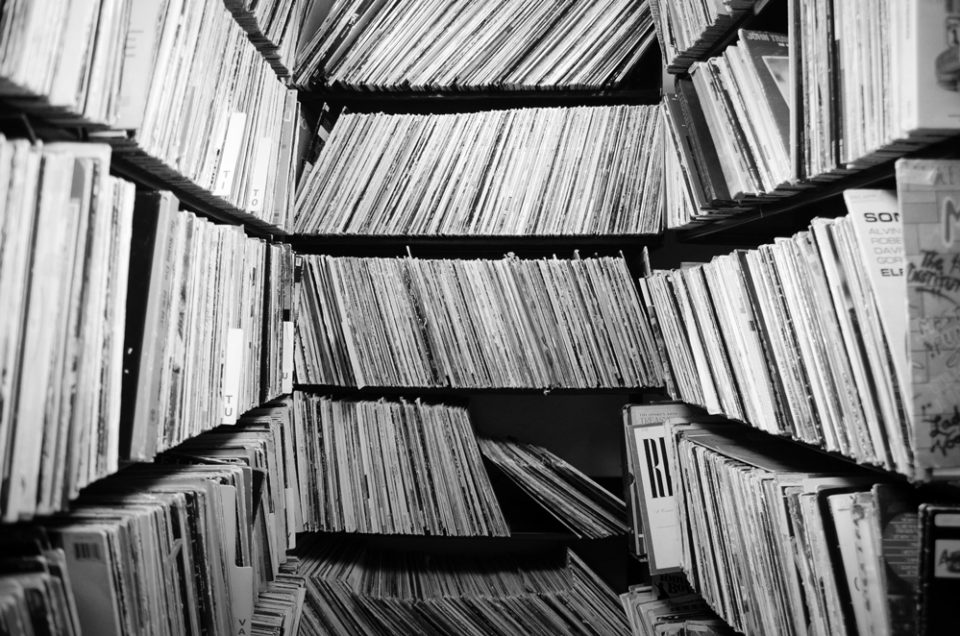It’s no secret diversity in Sydney’s night culture is disappearing. Even Alan Jones is angry about the closure of The Basement after 45 years of live music. Figures from Liquor & Gaming NSW reveal a net loss of 176 venues since the introduction of 2014 lockout laws. Live performance ticket sales are down 40 per cent. The negatives stack up faster than high-rise developments can steal venue space.
You get the feeling State Government would prefer we stayed at home; stupefied by streaming services and our inability to choose what to order from the only people who have any legitimate reason to be out after dark; the army of underpaid food couriers.
Even the CEOs at the Committee for Sydney are saying, “There is a need in Government to get this to someone who can drive this agenda.”
One man who thinks he can give the kiss of life to Sydney’s nights is Tyson Koh. At 36, Koh is a DJ who has produced ABC’s music program Rage for the last seven years. Now, he’s producing a different kind of rage. Four years ago, Koh founded anti-lockout advocacy group Keep Sydney Open, which has just announced it will run 15-20 candidates in both the lower and upper houses come the next NSW state elections.
There’s little doubt of his commitment and passion, but asking who exactly Tyson Koh is, is to get a slightly guarded answer.
“It’s not so much about who’s running but what do we stand for as a collective. Part of the issue I have with politics is that it’s too personality driven,” Koh says. “I think sometimes we get too caught up in the surface to really focus on what’s being done on our behalf.”
Koh wants to reform what’s holding back our nightlife; inadequate transportation, city lighting, residential planning, law enforcement, tourism, protecting established entertainment precincts. But, for anyone old enough to remember ‘No Monorail’ and ‘No Aircraft Noise’ parties, single platform movements seem limited from their outset. “You can call it a single-issue party,” Koh told Neighbourhood, “but I think a lot of people know that single issue represents so much more.”
Koh thinks that “so much more” is an existential question about what kind of city we want to live in. “It’s what the lockout laws represent… an ever-encroaching nanny state, a loss of civil liberties, an injustice towards young people and arts and creatives,” he said. “There’s a feeling there’s less freedom.”
It could be argued losing freedoms is just part of how affluent societies evolve. In 1903, sociologist Max Weber called the increasing bureaucracy that traps individuals in systems of control an ‘iron cage’. Some of the tightly-regulated bars on Sydney’s cage were exposed at the current NSW Parliamentary inquiry into the music and arts economy.
It’s not just sniffer dogs in nightclubs, it’s police telling venue operators what genres of music they can play, if they can hang a mirror ball from the ceiling. It’s closing down near-empty venues that didn’t licence-scan the undercover cop properly at the door. It’s the director of Sydney’s Fringe Festival saying she had to impose a ‘no dancing’ clause on applications to hold events.
Koh is hardly alone when he says, “NSW is over-regulated.” But don’t we willingly trade away freedoms for increased safety? What about the decrease in violence? The two years following the lockout laws saw marked reductions in violent alcohol-related injuries. St Vincent’s Hospital had a 10 per cent decrease in the kind of facial fractures usually caused by a punch to the face. Koh thinks the report “a red herring”.
“A lot of the stats that come out of St Vincent’s Hospital are really misleading. They put out a statistic about facial fractures but there’s no indication about how any of those facial fractures occurred, it could have been someone falling down the stairs. There was no indication if there was a downward trend outside of that hospital, in other parts of the state.”
He thinks being too concerned with statistics makes us lose sight of making Sydney a vibrant 24-hour city. “The question isn’t whether the lockouts have led to less violence, the question is what other measures can we introduce which will also have the same effect.”
Asked why we should vote for his party, Koh said, “Because we truly care about the city. It’s as simple as that.” With a 2016 Fairfax poll showing three quarters of young people actually support the lockout laws, it will be interesting to see, come election time, how many voters “truly care” to Keep Sydney Open.

Tyson Koh. Photography by Liam Cameron.





